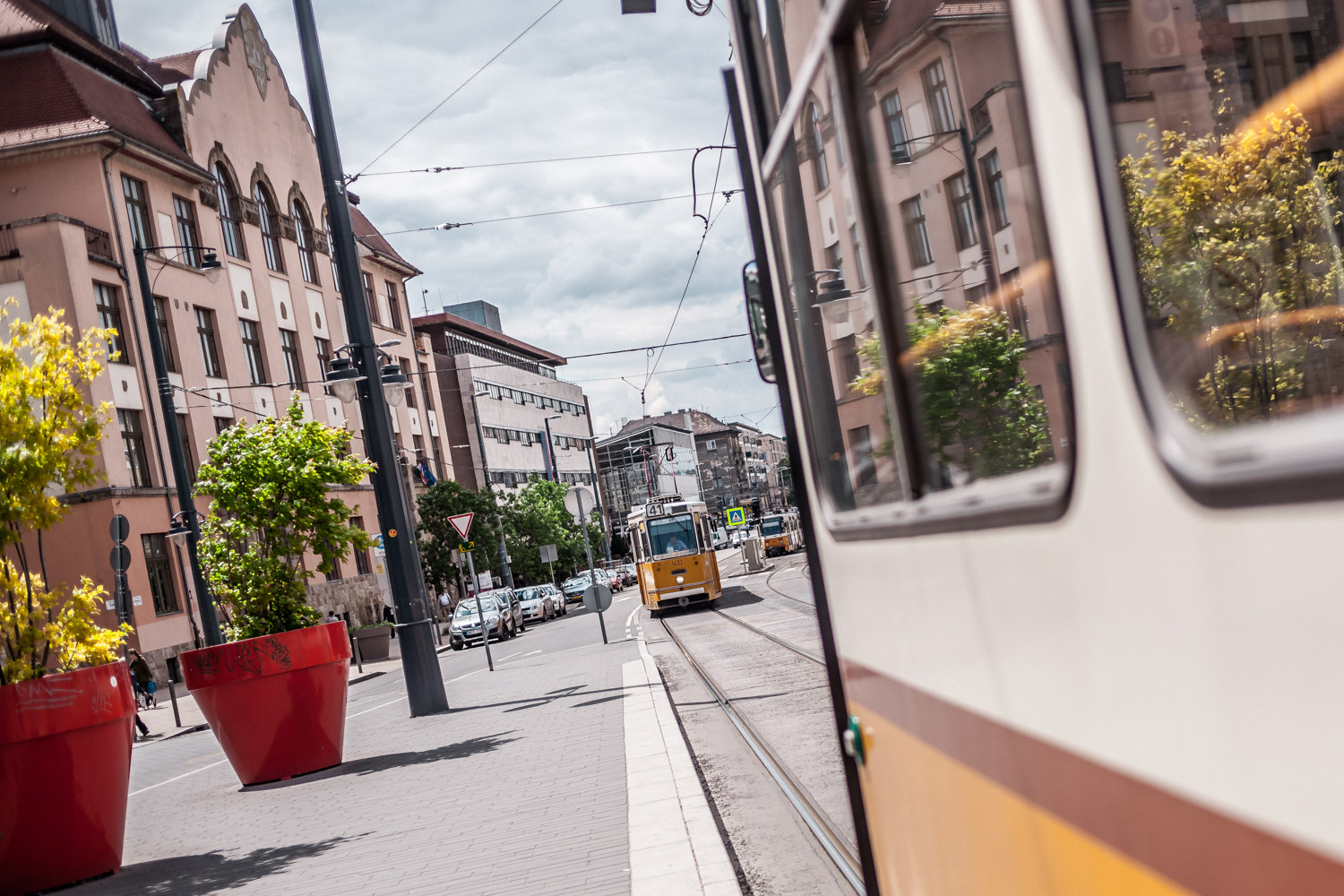‘Say no to disposable plastic!’ That was the message delivered by Greenpeace outside Parliament, speakers and protesters joined by two whales up to six metres high.

These endangered creatures could not have provided a more apt visual metaphor for the plight of our seas and oceans – one truck’s worth of plastic is thrown into the sea every minute, and ocean life is being destroyed by garbage canals up to 27 times larger than Hungary.

The Danube transports some 4.2 tonnes of plastic waste to the Black Sea every day. Domestic fish ponds, as well as the Danube and the Tisza rivers, are contaminated with microplastics. These tiny pieces get into the food chain – including the human body – with tap water, even bottled mineral water.

According to a representative survey at the end of 2018, 75% of Budapest consumers would choose deposit-refundable bottles instead of disposable ones. In addition, nearly a quarter of a million Hungarians have signed a petition, calling for an end to disposable plastic bags.

“In recent times, more than 60 countries, including Romania and Austria, have declared their determination to reduce plastic bags and other disposable products,” announced Gergely Simon, Greenpeace chemical expert. “The Hungarian population also expects this from our nation’s decision-makers.”

Tomorrow, Wednesday 10 July, the Greenpeace protest moves from Parliament to central Deák tér, to be on view between 9am and 8pm.




